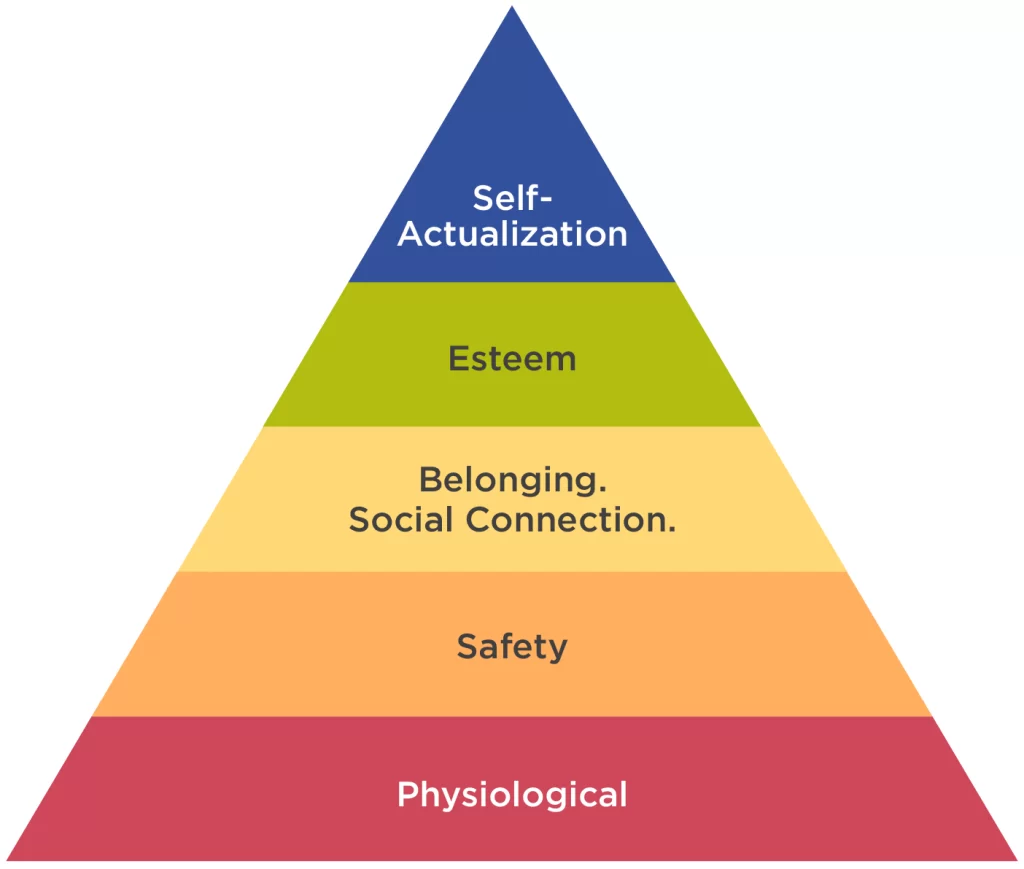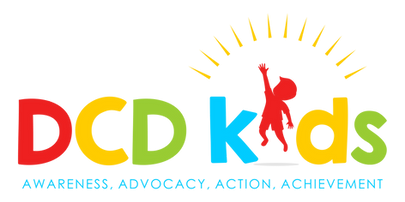How To Celebrate Neurodiversity in Your Homeschool in October
“I am different, not less.”
Temple Grandin
Being different is beautiful.
October is a rather busy month for celebrating neurodiversity. In October alone, we celebrate Sensory Processing Disorder Awareness Month, Learning Disability Awareness Month, Dyslexia Awareness Week (October 3-9), Dyscalculia Awareness Week (October 3-9), Dysgraphia Awareness Day (Monday, October 3rd), Developmental Coordination Disorder/Dyspraxia Awareness Month, and ADHD Awareness Month.
A Call For Understanding and Acceptance
In October, we also celebrate Bullying Prevention Awareness Day (Tuesday, October 4th).
As a mom of a nine-year-old child with learning differences, I am humbled to share we have yet to experience bullying. I believe our decision to homeschool has been a major buffer. However, as a former middle school guidance counselor and professional counselor in private practice, I have witnessed the devastating effects bullying has on children.
Bullying averted, for the time being, this is not to say we have not experienced challenges of our own. Whether with adults or children, professionals or laypersons, we have faced the range of curiosity, confusion, resistance, and in some cases outright rebuttal, of our son’s diagnoses of Developmental Coordination Disorder and Sensory Processing Disorder.
Throughout these trials, my mama’s heart has maintained two main goals: understanding and acceptance. We are our child(ren)’s first cheerleader, confidant, and friend. Unfortunately, there are times when the world can be unkind. During these dark moments, we are also our child(ren)’s soft place to fall.
Put on Your Advocate Hat
While there are times when we want to safely seal them in a bubble (or push the source of an unkind comment “off her swing” so to speak), the reality is neither approach is beneficial. Nor do they demonstrate Godly character.
Instead, we put on our advocate hats. We educate ourselves so that we may educate others. We find our voices so we can in turn teach our child(ren) how to find theirs.
As my son grows, I frequently remind myself I am raising a man, not a boy. While he will always be my baby, I would be doing him a disservice if I did not prepare him to the best of my ability to one day live in a world that may neither be kind nor accommodating nor accepting. I remind myself that I am teaching him to live IN this world but not be OF this world.
It is in these moments that I find great comfort in my faith.
Joy Comes in the Morning
“Weeping may tarry for the night, but joy comes with the morning.”
Psalm 30:5
As adults, most of us have felt the sting of rejection in one way or another. But for children, experiences, whether good or bad, are all new. We rejoice in the joy of our child’s successful “firsts,” giddy with glee and renewed wonder as they excitedly explore their world and find their place in it. For many of us, these moments are all the more momentous because we know first-hand the hard-won efforts behind them.
We also share in the sorrow of painful moments when our child is misunderstood, mislabeled, or mistreated. It is our nature to want to be included. As humans, we are not meant to be solitary creatures. Belonging is not just a want, it is a basic need.

So how do we handle those times when our child is passed over, excluded, targeted, or left behind?
We build them up.
Connection Over Completion. At times life can appear to be an endless cycle of therapy appointments, interventions, and treatment goals. In an effort to help our children succeed, it is easy to lose sight of what matters most. Full transparency? I will be the first to admit that in my misguided attempts to help my child reach his fullest potential, I lost sight of the bigger, no, ultimate goal – self-acceptance.
Children want to please us. Just as it is easy to get caught up in the ubiquitous “checklist” of one more lesson, another exercise, or one more chapter of the textbook, it is also easy for us to push our child beyond their limits. Mind you, I am not saying we should not set standards for our children. Far from it. But let not the standard take center stage.
I homeschool my child for countless reasons, but by far one of the biggest is to strengthen my bond with him. In my gentle coaching and encouragement to help my son become the best he can be, I strive to remain ever mindful of the greater good. Goals can look like many things. For our family, benchmarks aside, our ultimate goal is a lifelong relationship with our Lord that will in turn trickle down to a strong relationship with one another.
Celebrate the Small Stuff. Celebrate all successes, big and small. Take time to pause and truly appreciate our child’s accomplishments before rushing to the next challenge.
Focus on Strengths. We all have strengths and limitations. Circumvent the comparison trap and empower your child by pointing out their positive traits and abilities.
Remember WHOSE we are. Living with challenges whether it is learning differences or disabilities, is part of life. When met with disappointment, give yourself permission, you and your child, to feel what you feel – for a time. And then move on, resting in the knowledge that Our Heavenly Father makes no mistakes. We are all unique – the living reflection of Our Creator’s appreciation for diversity! Help your child discover their strengths and gifts so that they may in turn use those gifts to bless others in His name, for His glory.
How We Celebrate
We celebrate diversity and differences on a daily basis in our homeschool. Actually, we began celebrating it long before formal schooling entered the picture. It is part of how we view the world. God’s world, through His lens.
We are all fearfully and wonderfully made in God’s image. Look around God’s beautiful world and you will see how His appreciation for differences abounds.
Neurodiversity is no different.
What About April?
As part of our homeschool learning style, we like to celebrate all sorts of holidays from the more well-known (Veteran’s Day and Memorial Day) to the little-known (National Banana Split Day) to the well, just plain silly. (Stay tuned for future blog posts detailing how we celebrate what we affectionately refer to as “Hilarious Holidays,” such as “National Talk Like A Pirate Day.”)
Let me assure you, April will not be left out. As April draws nearer, you will see us here at It’s Only Homeschooling gear up for Neurodiversity Awareness and Appreciation Month 2.0. In April, we will focus more on advocacy, specifically self-advocacy, and explore ways you can empower your child by helping them find their voice, and more importantly, how to use it.
Caregivers need advocates, too. Celebrate National Self-Care Day on April 5th with us. Join us to learn about the importance of Soul-Care, a.k.a. Self-Care Supercharged. We will also share ways you can enhance your Soul Care practice.
Coming Up
Here at It’s Only Homeschooling you can expect the following from us during the month of October as we celebrate neurodiversity as part of Learning Disability Awareness Month.
Facebook, Instagram, Pinterest, and Twitter Posts. Social media posts to spread awareness and foster acceptance of neurodiversity and learning differences. Support through news, comfort, and camaraderie wrapped in humor with a heavy helping of faith.
Weekly Blog Posts. By far, parents play the greatest roles in their children’s lives when it comes to modeling and molding acceptance, particularly self-acceptance. In the coming weeks, expect weekly blog posts to help encourage and empower you in your parenting.
Beginning Monday, October 3rd, we will launch our 3-part series focused on Living With Labels. Next, we further explore the power we hold as parents in our follow-up series, The Role of the Parent. We’ll also help you find ways to recruit support and introduce the topic of Self-Advocacy. New blog posts will be released each Monday.
Podcast Episodes. Short on time? Need to fill up your cup or learn while multitasking? We’ve got you covered. Plug in your earbuds and pop in for one of our It’s Only Homeschooling Podcast episodes. New episodes air on the second and fourth Wednesdays of every month.
In October, you can expect interviews with fellow advocates. Our October “Salt & Light Spotlight” will feature DCD Kids, a nonprofit, grassroots organization working to spread awareness, advocacy, action, and achievement for Developmental Coordination Disorder. Join us in Episode 4, as we speak to the founder of DCD Kids, fellow mom and advocate Sue Hille. You can listen here at the IOH website, on our YouTube channel, or on Podbean.
YouTube Videos. Beginning October 1st, IOH will focus on video content centered around advocacy, awareness, research, and intervention efforts for learning differences specifically Dyspraxia/Developmental Coordination Disorder and Sensory Processing Disorder. In Episode 1 of our “Got A Minute?” educational video series, we give a brief overview of Sensory Processing Disorder. In Episode 7, we offer a brief introduction to Developmental Coordination Disorder.
At IOH, we endeavor to spread awareness, promote advocacy, and encourage acceptance. There is great comfort in community. We hope you will make us one of your regular stops along the way in your family’s educational journey.
LET’S KEEP IN TOUCH
Be sure you do not miss a blog post or update by subscribing to our website, our Youtube channel, or liking our Facebook page.
Like what you’ve read here? Sharing is caring!
Blessings,
Kimberly
IOH Mom
This website is not a professional counseling website and nothing here should be construed as professional counseling advice. Although Kimberly Bennett, LPC is a Licensed Professional Counselor, she is not your counselor, and no counselor-client relationship is established unless she has signed an agreement with you. All information provided through this website is for informational and educational purposes only. This post may contain affiliate links. Please read my disclosure statement. Thanks for visiting!


These are amazing ideas!!
Thank you, Caylissa!
Love these ideas, thank you for sharing.
My pleasure, Leta.
Thank you Kimberly!